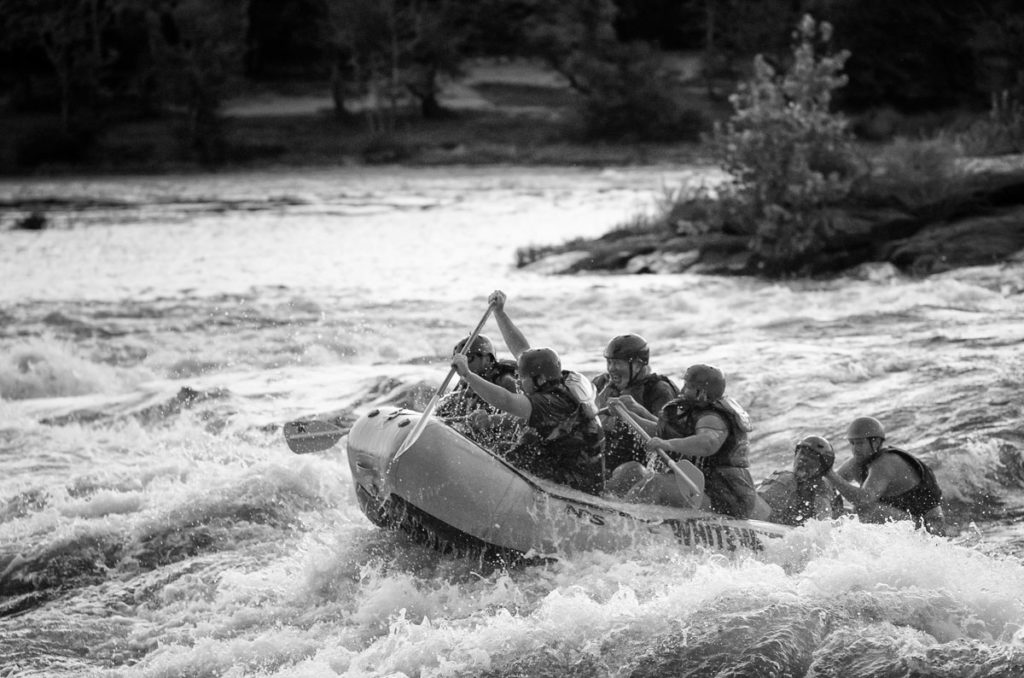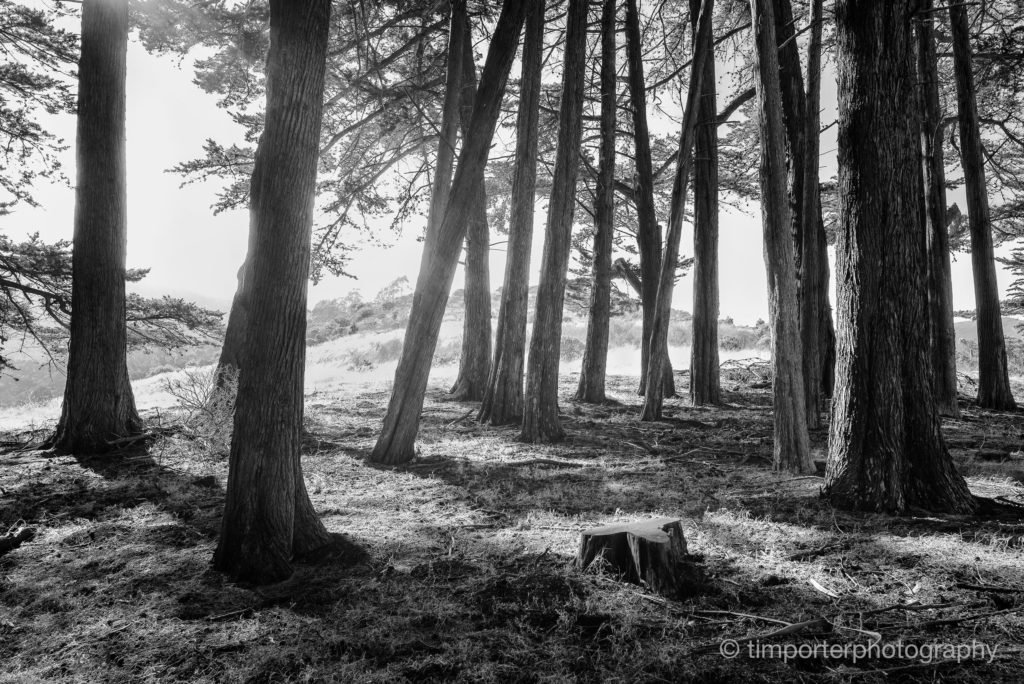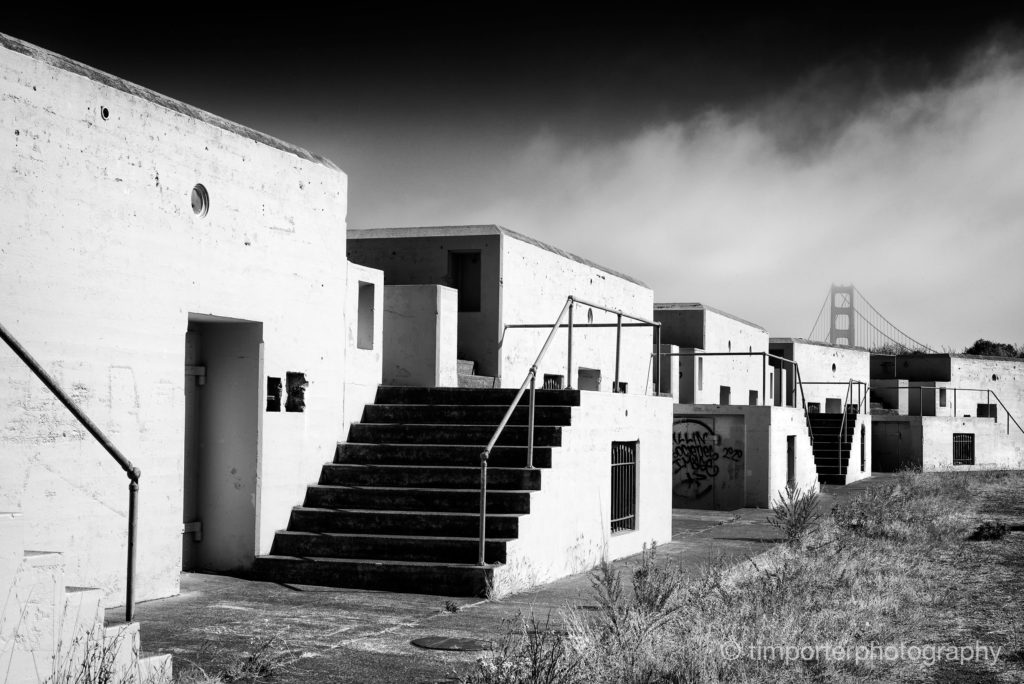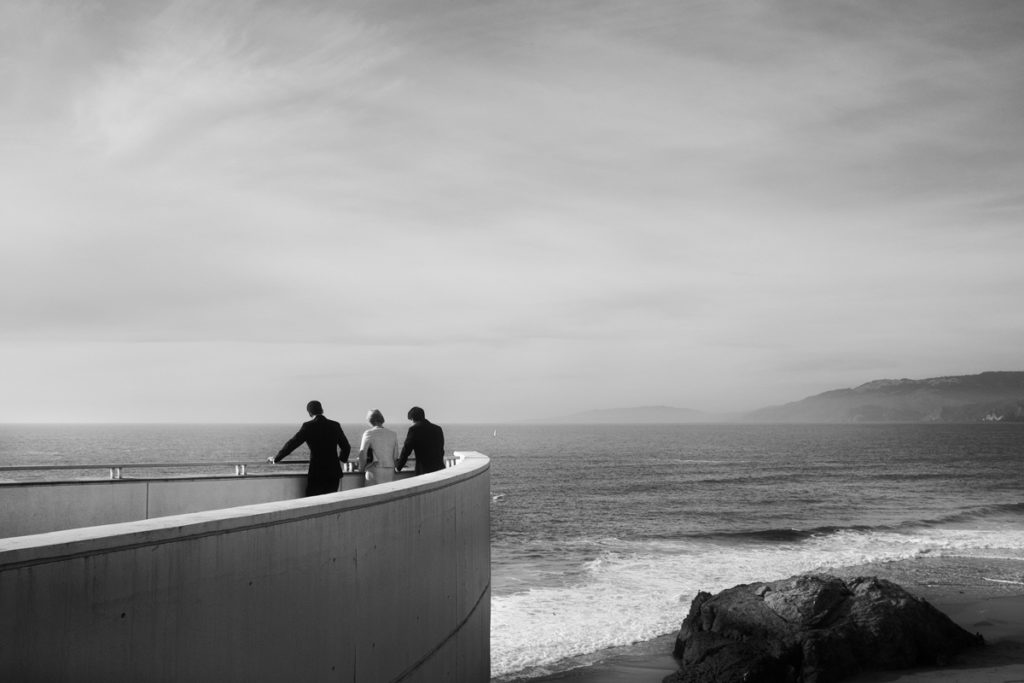
Circumstances have consequences. Take too many things for granted, lose an election. Turn over the White House to a family of thugs, grant the sycophants, the supremacists and the spineless control of the Congress. Gut the Senate of whatever honor remained in it, and convert the Supreme Court into bulldozer driven by retrograde theocrats determined to plow under the advances we’ve made in recent decades toward equalizing rights in our country – the right to vote, the right to be treated with justice, the right to control the fate of your own body.
These are sad days in the United States. As the virus marches forward, we do an about-face to the repressive days of the Eisenhower era (although even Ike couldn’t get elected as a Republican these days). With more than 226,000 Americans dead, killed as much by incompetency and indifference than by the actual lethality of Covid-19, more than 66 million of us have already voted, a flexing of the democratic muscle that only partly offsets the fear that Trump, with the aid of his newly-packed Court, will steal the victory that every poll declares will belong to Biden and Harris.
As a young man, the tide of protest swept me into movements against the war in Vietnam (which, by the way, killed 58,000 U.S. soldiers, a quarter of the number now dead from Covid) and in support of rights for women, Blacks and gays. I was against the policies of the government, but not the government itself. I believed a new president, a new Congress, a new mayor could provoke change. And it did.
As an adult, a professional, a journalist, I worked in an institution that saw itself as the watchdog of politicians and government. At times we watched with great vigilance; at other times we were unwittingly complicit in supporting traditional perspectives, both governmental and cultural, that oppressed the very groups I had championed as a long-haired rebel two decades earlier.
As whatever I am now, an over-read, under-educated, highly-opinionated, multi-lingual, more-or-less forcibly retired curmudgeon, I confess that for the first time in my life to having lost my faith in government – or are least what government on all levels has morphed into in these United States: a cage match of hate, distrust, greed, cowardice, and self-interest and self-dealing, a putrid buffet of humanity’s ugliest traits that were never more on display than in the last week during the shotgun wedding of Amy “The Crusader” Barrett to the Supremes.
I could say that we as a nation have lost our way, but it might be more accurate, given that Barrett and her the-Constitution-is-enough-for-me compadres on the court are such strict interpreters of the document’s 4,543 words, to say the nation has found its way back to its beginnings – when women couldn’t vote, when Blacks were not only permitted to be owned but were counted as only 60 percent of a human being, and when the fledgling nation was controlled by an oligarchy of wealthy “patriots” who were so distrustful of the judgment of their lesser countrymen that they created the Electoral College to ensure that a majority of the rabble couldn’t elect a fool or a criminal to the White House.
That worked out well.
To say I am nervous is an understatement. I felt more certain of Gore trouncing Bush II than I am of a Biden win, and we know how that went. I am not alone in my trembling. A Venezuelan fellow I know, an academic who fled his country’s chaos for Madrid, where he now offers $10-an-hour Spanish classes via Skype, says all of his more than 20 American students are popping tranquilizers and speed-chanting mantras trying to stay calm.
I am not a fan of Valium and my chakras are mis-aligned beyond repair. To pacify myself, I think of my short stint as a whitewater river guide. For a couple of summers during the ‘70s, after my profligacies had diminished enough to enable sufficient social functioning, I ferried rafts of people seeking thrills – but not danger – down rivers in Northern California. It was great fun, paid $50 a day and granted me opportunities with the opposite sex I had not previously imagined.
Guiding a fifteen-foot rubber raft through the bumps and waves and drops of medium-rough river is not too tough, but there are a few basic wisdoms that are best adhered to lest you, the guide, and the clients, who want thrills but not danger, find yourselves head down underwater stuck in a whirling, riparian rinse-cycle.
Here is the most important thing:
Just as the raft approaches the lip of the rapid, in the last few feet before the nose tips down into the froth, the water rises behind whatever rocks are the cause of the rapid. The higher water flattens and stills. For a moment, the forward progress of the raft stops. This is when the guide, even while staring at the turbulence ahead, even while anticipating the heart-thumping that is coming, must align the boat with the thin curl of water that slips, first gently and then with unfettered urgency, from the higher water through the barrier of rocks and into the rapid. If the raft is not lined up correctly, it slides into the rapid askew and risks being flipped over by the waves.
As much as I loved rafting, I was scared most of the time – except for one moment: When I poised the boat in the still water above the rapid and pointed its nose toward the slipstream. Once I felt I’d aligned us as best I could, a calm always came to me. And then I slid into the whitewater.
This is where we are now: Atop the rapid. It is a time to be steady, to line ourselves up, to see the turbulence ahead but, more importantly, to concentrate on the chore at hand. Get the boat ready, point the bow forward, put the oars in the water. Be calm. The whitewater is coming.




